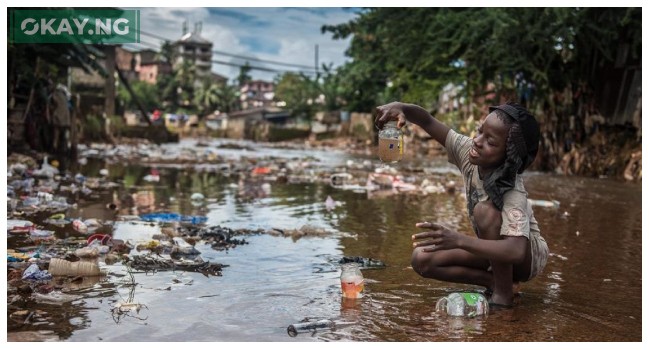Cholera, a severe diarrheal disease caused by the bacterium Vibrio cholerae, poses a significant health threat, particularly in areas with inadequate sanitation and limited access to clean water. Despite its potential severity, cholera is preventable. This article outlines nine essential steps to prevent cholera and ensure public health.
1. Drink Safe Water
Ensuring access to safe drinking water is crucial in preventing cholera. To ensure your water is safe:
- Boil water before drinking.
- Treat water with chlorine or iodine.
- Use bottled water from a reliable source.
- Avoid consuming water from unknown or questionable sources.
2. Wash Hands Frequently
Regular handwashing with soap and clean water is a critical defense against cholera. Wash your hands thoroughly:
- Before eating or preparing food.
- After using the toilet.
- After cleaning a child who has defecated.
- After handling waste.
3. Use Proper Sanitation Facilities
Proper sanitation facilities help prevent the spread of cholera. Ensure these facilities are well-maintained and used correctly:
- Use toilets or latrines.
- Avoid open defecation, which can contaminate water sources and increase the risk of cholera transmission.
4. Cook Food Thoroughly
Cooking food thoroughly is essential to kill cholera bacteria. Follow these guidelines:
- Cook food thoroughly and consume it while it’s still hot.
- Avoid eating undercooked or raw food, which can harbor bacteria.
5. Store Food Safely
Proper food storage is key to preventing cholera. Ensure to:
- Store food in covered containers to protect it from contamination.
- Keep cooked food separate from raw food to prevent cross-contamination.
- Refrigerate perishable items promptly to avoid bacterial growth.
6. Wash Fruits and Vegetables
Wash fruits and vegetables with safe water before consumption. If safe water is unavailable, consider peeling them to reduce the risk of ingesting cholera bacteria.
7. Clean Living Areas Regularly
Maintaining clean living environments reduces the chances of cholera bacteria spreading. To achieve this:
- Regularly clean surfaces.
- Dispose of waste properly.
8. Avoid Raw or Undercooked Seafood
Avoid consuming raw or undercooked seafood, especially in areas with prevalent cholera. Seafood can be contaminated with cholera bacteria, making it unsafe to eat unless adequately cooked.
9. Dispose of Waste Properly
Proper waste disposal is crucial in preventing cholera. Ensure that:
- Human waste is disposed of in a sanitary manner.
- Avoid dumping waste in areas where it can contaminate water sources.







